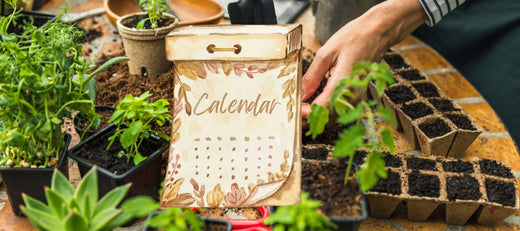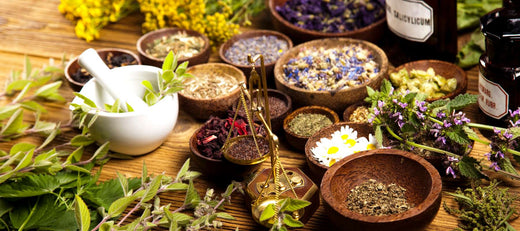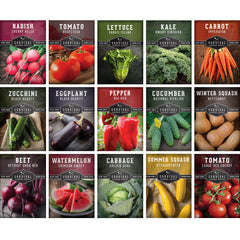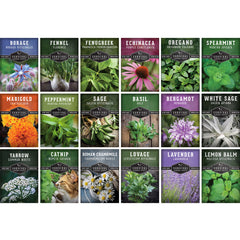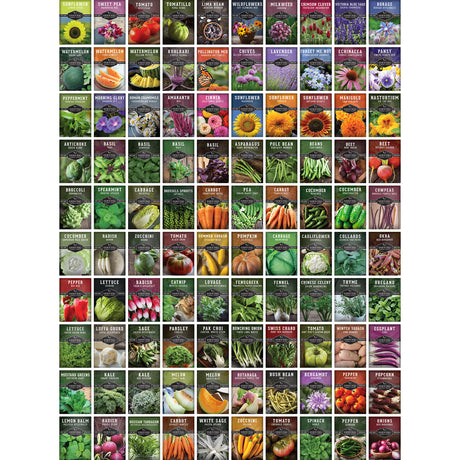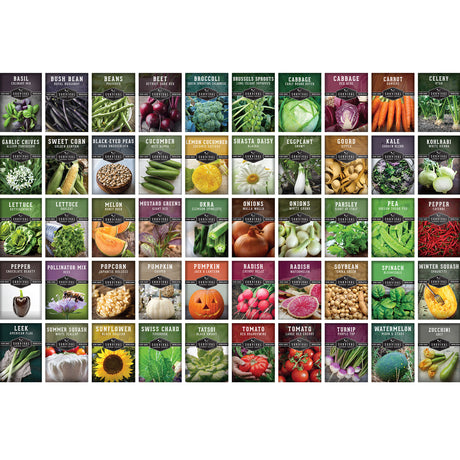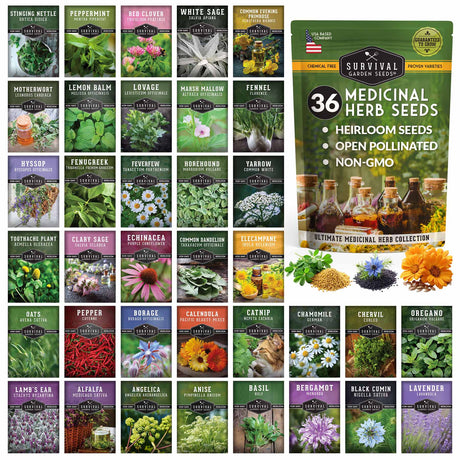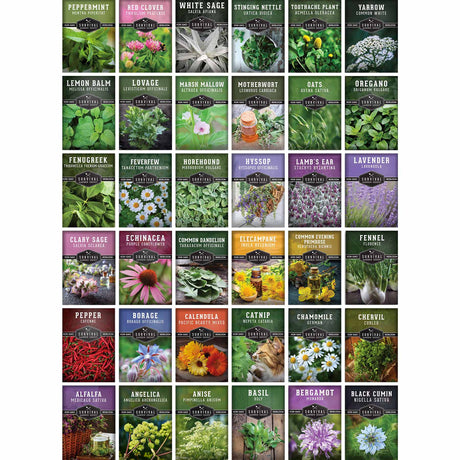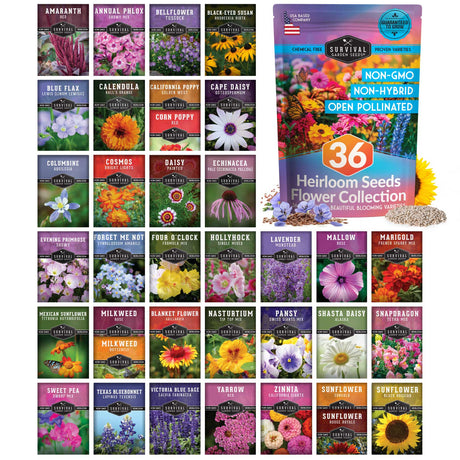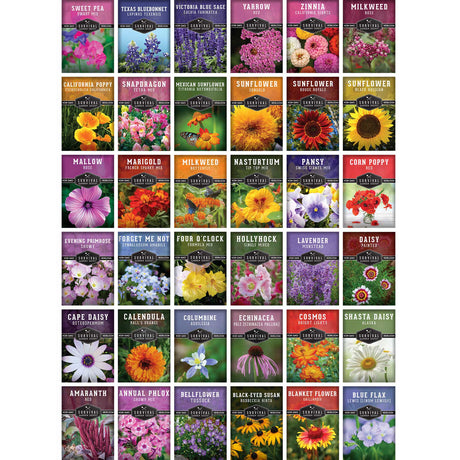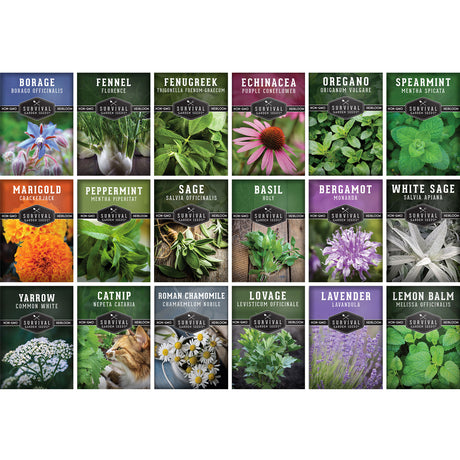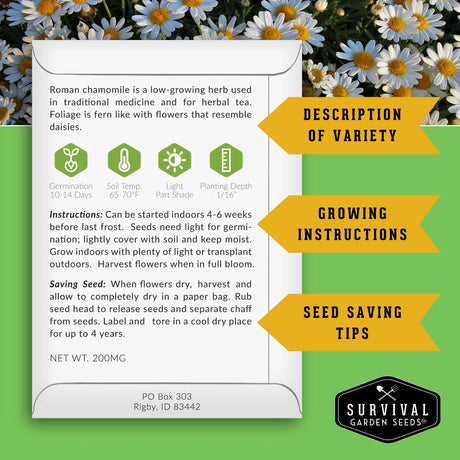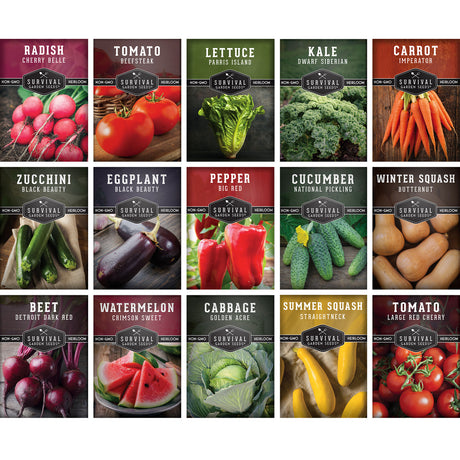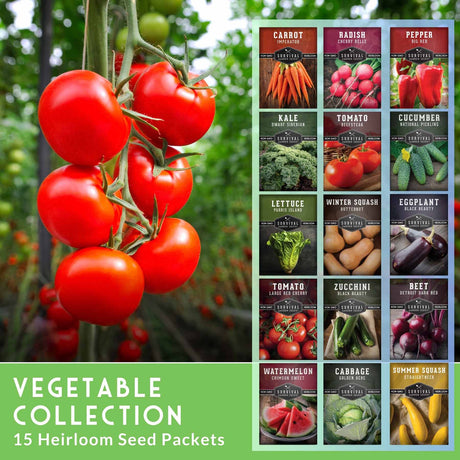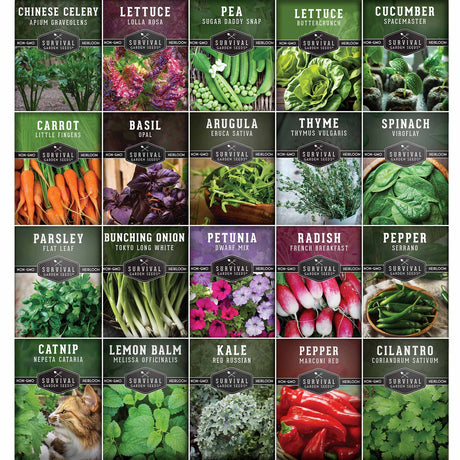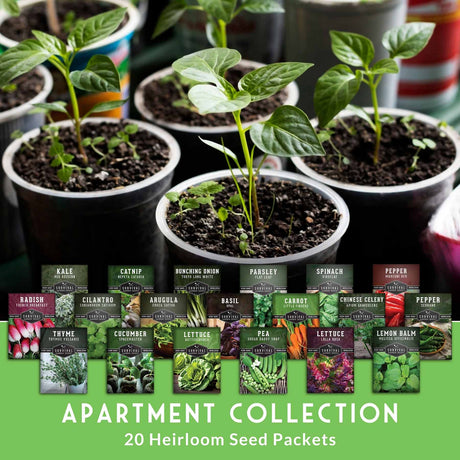Fenugreek, or Trigonella foenum-graecum, is a well-known culinary herb with a maple syrup scent and a pungent, bitter flavor that is commonly used in Indian cooking. It’s also a powerful medicinal herb, vegetable, and nitrogen-fixing legume that earns its keep in a myriad of ways. This versatile plant is a valuable addition to any survival garden.
Meet Fenugreek

Fenugreek is an annual legume with light green leaves in leaflet groups of three, with small white triangular flowers. It grows quickly and is quite adaptable and can grow in moist, tropical climates, but it is also drought tolerant once established. It thrives in well-drained, neutral to slightly acidic, soil and can grow in various soil conditions. As a legume, fenugreek is a good neighbor to other plants, fixing nitrogen from the air into the soil in a usable form that all nearby plants can then access easily.
Medicinal Benefits of Fenugreek
An ancient medicinal herb that can be traced back for millennia, fenugreek is mentioned in the Ebers Papyrus, one of the oldest medical documents in ancient Egypt. Today, science is upholding the usefulness of fenugreek as a medicinal herb. Fenugreek seeds have been shown to have a stabilizing effect on blood sugar, which is excellent news for those with metabolic conditions like diabetes. Fenugreek is also useful to aid in digestion. These benefits may be linked to positive changes in the gut biome caused by fenugreek supplementation. It’s also renowned for its specific benefits, one of the most notable being its ability to aid nursing mothers.
Fenugreek for Seeds Breastfeeding

Fenugreek tea or powder has been shown to boost milk production in nursing mothers, which helps newborns gain weight after birth. To maximize this effect, try sprinkling fenugreek powder onto your morning oatmeal or add a tablespoon to your favorite oatmeal cookie recipe. Oatmeal is also often used to promote milk production, so you’ll be getting twice the benefits and pairing two flavors that go well together.
Culinary Appeal
In the culinary world, fenugreek serves as both a spice and as a vegetable. Fenugreek’s leaves, known as methi, can be used fresh or dried in cooking, adding a unique flavor to dishes. Its seeds are a popular spice in Indian cuisine and can be used whole or ground. Fenugreek is often featured in Indian, Persian, and Egyptian recipes.
Benefits in the Garden
Beyond its health and culinary contributions, fenugreek plays a significant role in sustainable gardening. It acts as a green manure, improving soil fertility and structure, which subsequently promotes the health and productivity of your garden. Its ability to repel pests naturally helps in maintaining a balanced ecosystem within your survival garden.
Planting Fenugreek

Sow fenugreek seeds directly into the soil in late spring, as the herb does not transplant well and is not frost tolerant. Plant the seeds ¼ inch deep, spaced 4 inches apart. Fenugreek germinates in about a week at 65°F and matures in about 3-4 months. Keep the soil moist, but not waterlogged to prevent root rot. Adding organic matter or compost to the soil can promote healthier growth and better yield.
How to Harvest Fenugreek Leaves and Seeds
When the leaves are young and tender, usually 30 days after sowing, you can start harvesting them. Remove the leaves gently without disturbing the roots. For the seeds, patience is key; wait until the pods plump and change color and the plant has begun to die back, generally around four months after planting. Once ready, remove the pod and dry them thoroughly.
Cultivate Fenugreek, A Survival Garden Superstar
We think fenugreek is a truly essential herb for the survival garden. It has thousands of years of tradition and history, feeding and nurturing humans since very ancient times. Today, we’re learning just how wise our ancestors were in growing this beneficial herb. Best of all, it’s easy to cultivate and highly adaptable, meaning almost anyone can take advantage of its benefits. Add fenugreek to your garden, and reap the rewards!


